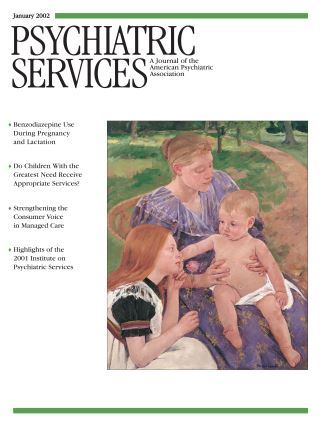These three personal narratives by women writers cover different topics, but each reveals an author grappling to find meaning in her personal relationships. The Tender Land and Into the Tangle of Friendship are beautifully written reality-based memoirs, and they are inherently psychological works of literature. In each, the author introduces us to a cast of characters with whom she shares part of life's road. As the stories interweave and bring these treasured companions to life, we come to understand each author's aching need and her shifting search within the core alliances of revered family and friends. Eating an Artichoke has less artistic, more practical goals, although it too demonstrates the author's powerful need to draw meaning from her connections with others.
The Tender Land presents the saga of a Midwestern Irish Catholic family beleaguered by a predisposition to depression and wounded by the unexpected suicide of a teenage brother. Finneran, the older sister in the family, speaks with the spare, true voice of childhood memories. She opens her family ethos to us until we are as captured as she is, so that we too perceive the prisms of meaning that reside in even the most routine words or action. At the intersections of this family's lives, we also recognize the unbearable horror in everyday existence as well as the honor and the humor.
The wonder of this book is in how what are mostly ordinary life events and encounters can captivate us, engaging us so that we experience the universality of guilt, regret, mystery, faith, and pleasure that exist in life's unfolding. Finneran's first book is impressive in its insight, its humor, and, above all, its tenderness; it is a true expression of her palpable, profound, and painful connection to her loved ones and to herself.
Into the Tangle of Friendship focuses the author's raw-nerved sensibility and intelligence onto the creation, meaning, and consequences of friendship. Kephart skillfully amplifies a novelistic personal history of family and friends with elegant, lessons-learned commentary. Describing the price of her hard-won childhood friendships, she offers a graceful summary: "Friendship is deflective, defining, dividing; it both expands and delimits. It is a vulnerability of a most peculiar kind, a melding into, a vessel: made…one makes the other. Either way, something swells and something cleaves off, broken."
Through a series of intertwined vignettes, the author calls forth an impressively diverse array of friends across a lifetime, concluding that in friendships "endurance…mattered more than the infraction" and that friends "nourish each other's differences." But she also perceives, perhaps more than most, that "the launch of a friendship is an imperiled endeavor, requiring the ability to acutely size up the instant at hand and adapt with intelligence, grace, and speed."
Although this book is sometimes a bit over the top with melodrama and self-conscious absorption, it is redeemed by the lyric beauty of its writing. "Throughout our lives, friends enclose us, like pairs of parentheses. They shift our boundaries, crater our terrain…. They fume through the cracks of our tentative houses, and parts of them always remain. They are the antidote not to our aloneness, but to our loneliness." As is perhaps evident, this is a book for those who savor language and appreciate process. Readers who prefer action movies to art films will be disappointed.
Eating an Artichoke is a straightforward journalistic account by a mother determined to surmount the many hurdles she faces as a parent-advocate of a son with Asperger's syndrome. This book will be of interest to parents and educators who will face similar challenges in their efforts to provide positive environmental situations and facilitative learning strategies to address the lifelong challenges posed by this illness.

